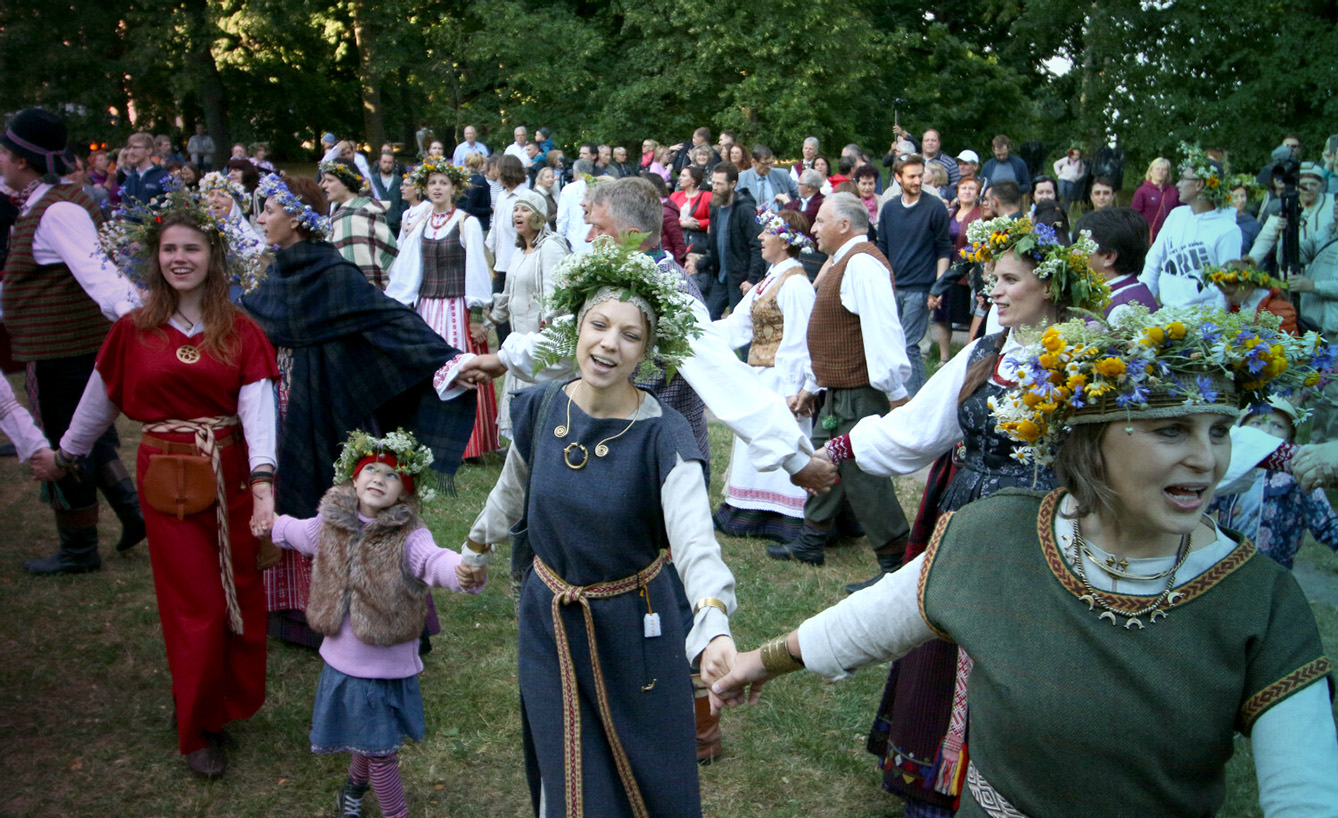After Theodosius the Great turned his Empire Christian, the western part of the continent became Christian as if by default. At the same time, the East was narrating a whole different story.
Romuva: 21 century and the tradition
Lithuania was the last country in Europe to adopt Christianity. And although it’s already been over six centuries since the country officially became Christian (with three-quarters declaring their affiliation with the Catholic faith), growing numbers of Lithuanians describe themselves as followers of religions originating in the country’s pagan times. These numbers may not yet be overwhelming but are steadily growing.
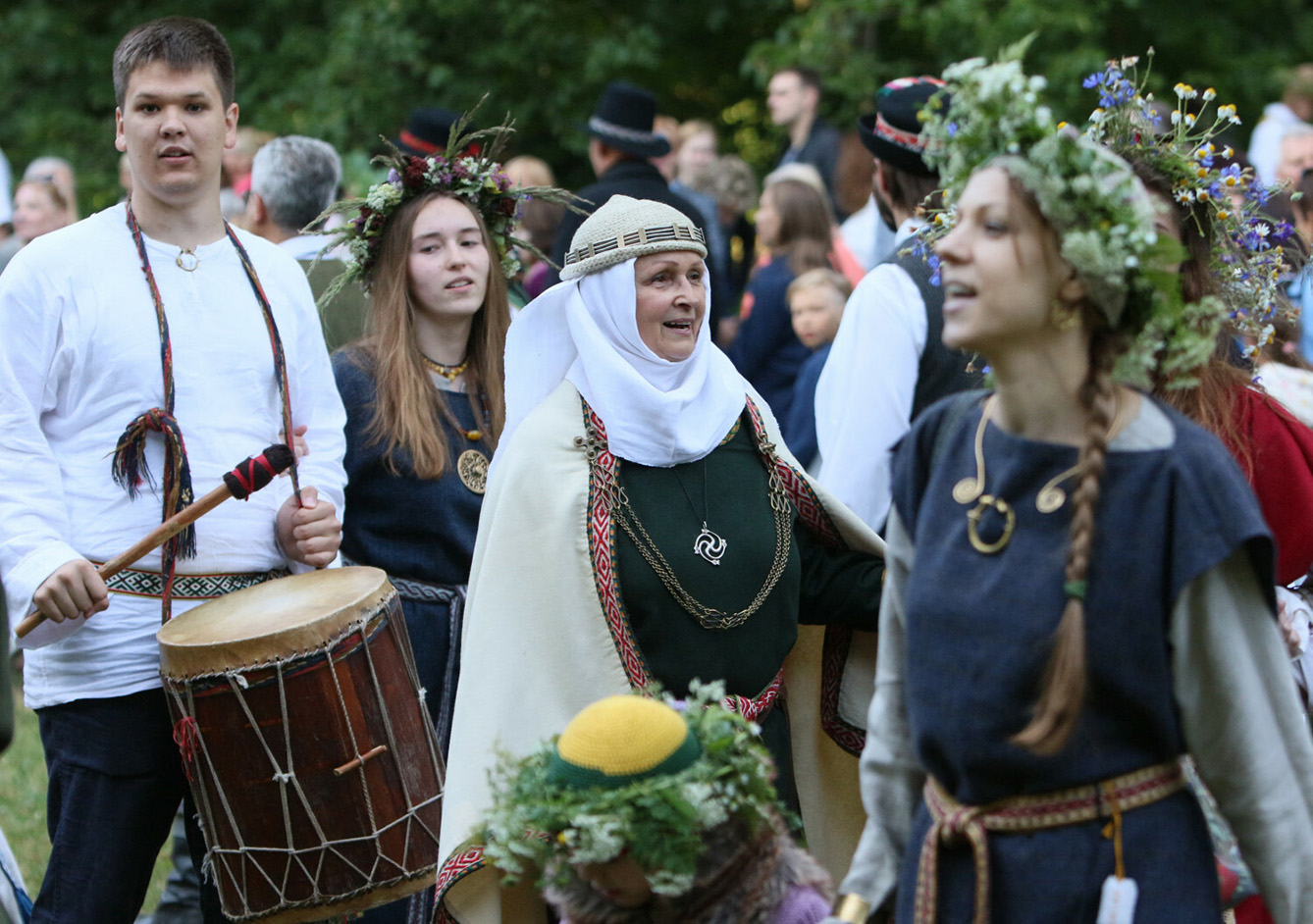
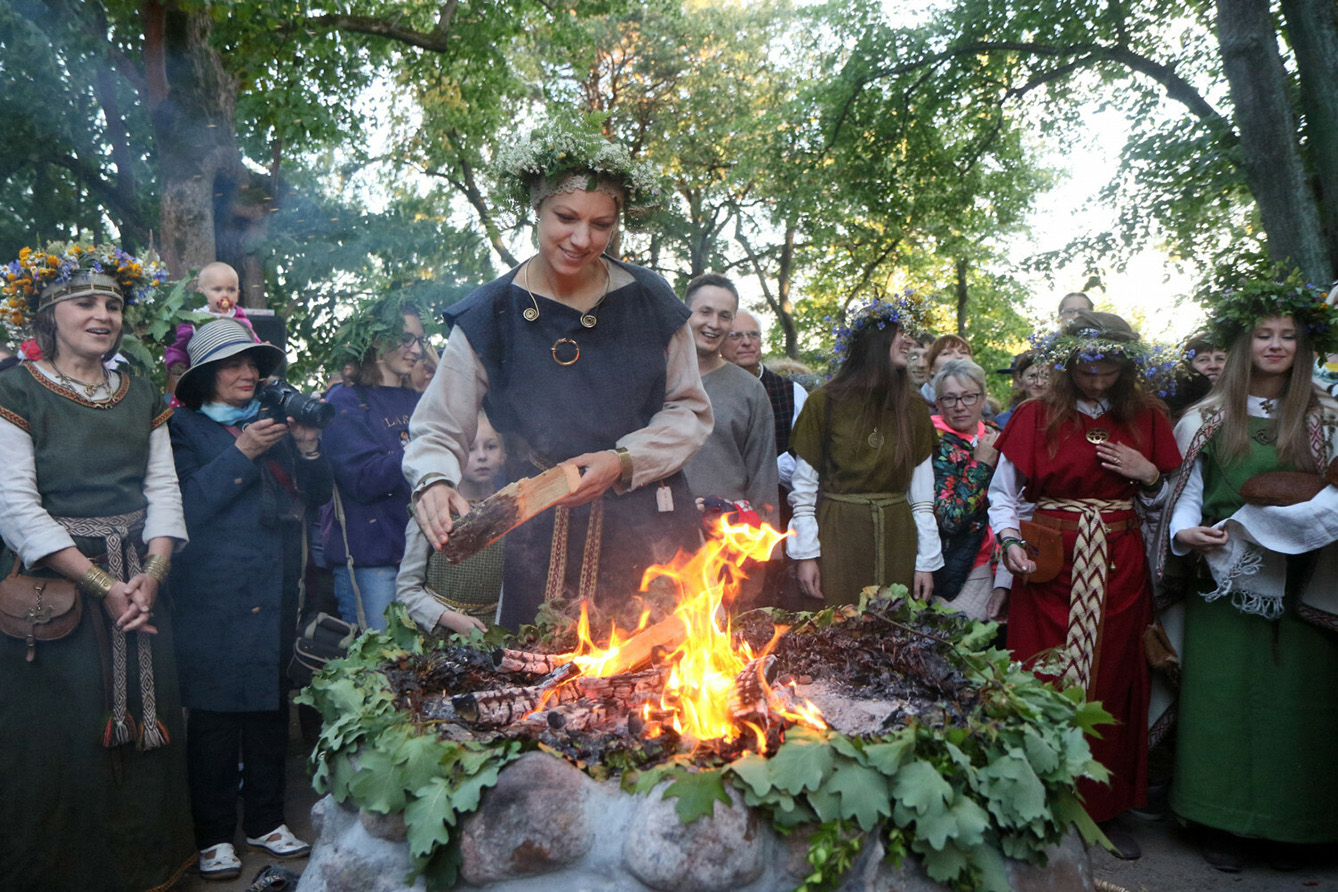
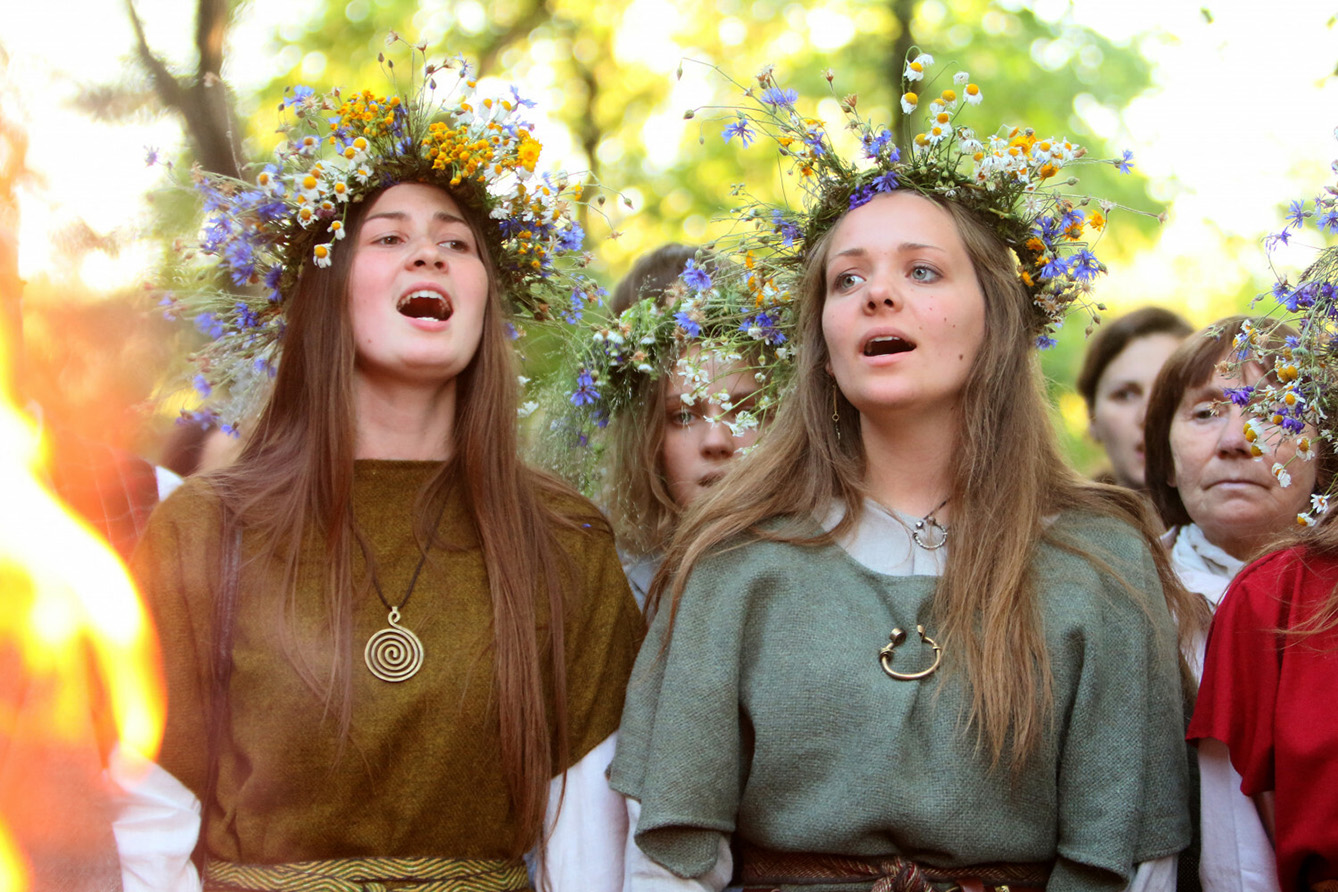
In medieval times, contemporary Lithuania was considered merely a pagan territory. Although its neighboring counties – Ruthenia, Poland, and Czechia – converted to either Eastern or Western Christianity, territories to the north were not willing to follow suit.
As such, they became the target of Christian missions, including the crusades. The effort to Christianize the peoples of the North was one of the catalysts behind the formation of the State of the Teutonic Order.
Lithuania: finally Christian
Christianity finally was established in Lithuania when its Grand Duke, Jogaila, married the Polish Queen, Jadwiga. The marriage resulted in mutual benefits – it led to the union of the largest political entities in the area. It was to go down in history as the Polish-Lithuanian Commonwealth.
In order to keep its side of the deal, Duke Jogaila (from then on known as Władysław II Jagiełło) was to be baptized; through this act, his people were to be recognized as citizens of a newly formed country, which belonged to the Western community. From this point on, conversion efforts increased, and soon Lithuania became a Christian country. Through his baptism, the former pagan duke ushered in a formidable dynasty that would rule over one of the largest countries in the early modern era for centuries onwards.
Unexpectedly, the old faith returned to its native land in the 19th century. It was reorganized and became an institutional religion known as Romuva. At first, it seemed to be a romantic folk revival movement; however, in time, it started to play a part in the efforts of binding the nation.
Romuva followers were subject to religious persecution during communist times, with some believers expelled from universities. It is fair to say that the Soviet Union frowned upon any religious movements, even such subversive ones as those rooted in pagan times. Those who took part in rituals were suspected of holding counter-revolutionary ideas.
Romuva: the Baltic faith
Officially recognized as Baltic faith in 1992, a parliamentary vote confirmed its status in 2011, and Romuva has gained new members in the 21st century. In the 2001 census, 1,200 people described themselves as members of pagan religions. In 2011 this number grew to as many as 5,100 believers. The results of the 2021 census are not yet available, but the numbers are expected to have grown even more.
Experts underline the separatism of Romuva – a faith native to Lithuania, despite the fact it was largely reinvented. It’s still based on folklore and collected as a part of quasi-ethnographic research of Lithuanian province. A collection of songs a million-strong constitutes an essential resource to Romuva followers. They insist that one can reconstruct both faith and its rituals basing their knowledge solely on this resource. They kept the tradition alive and safe from all forms of persecution.
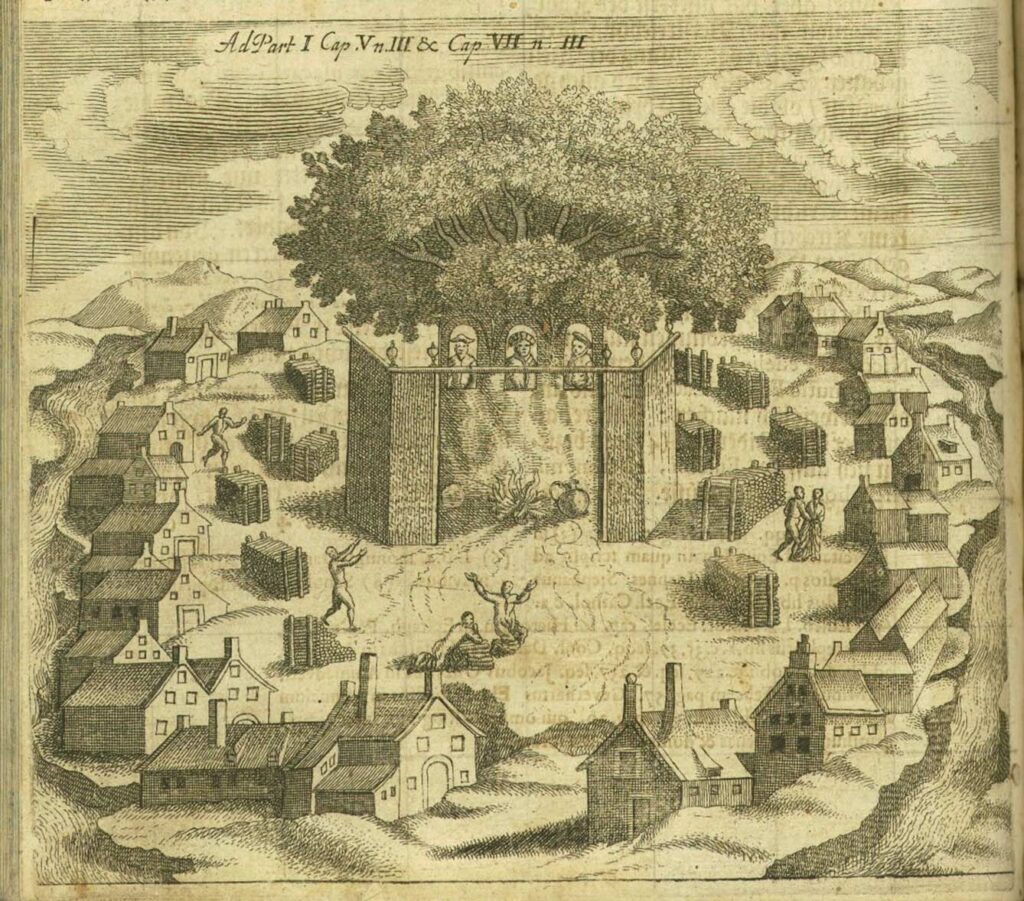
Perkūnas, the god of thunder, is one of the most recognized Lithuanian deities. Romuva focuses on the weather, astronomical phenomena, and lifetime events, and its believers gather around bonfires and observe feasts connected to the solstice and equinox. They pay special attention to the connection between people and nature. In this, Romuva is akin to other pagan beliefs and non-theist religions.
However, paganism in Lithuania has one other quality, which makes it so important: it’s not connected to any foreign empire that Lithuania was part of throughout its history. It seems that the old song of Lithuanian soul has outlived them all.


